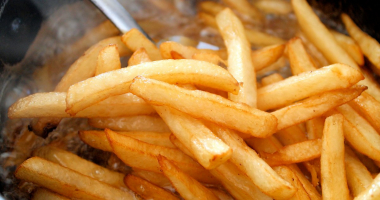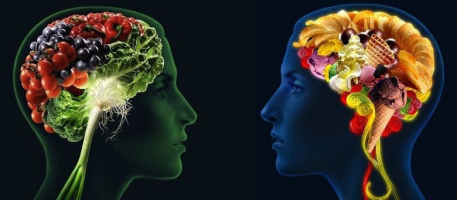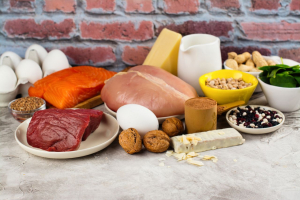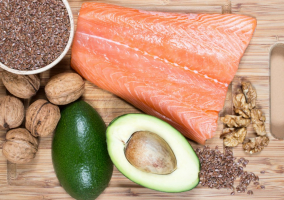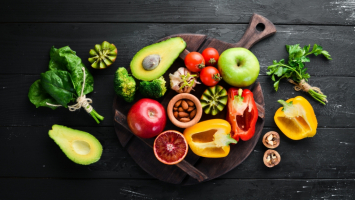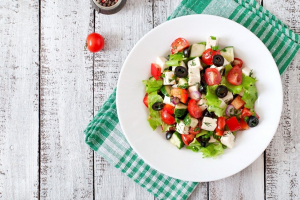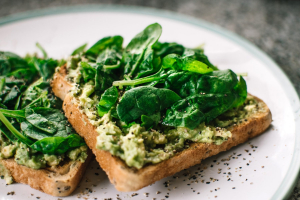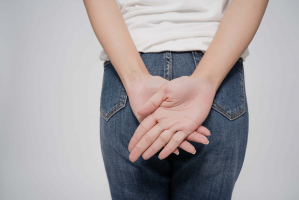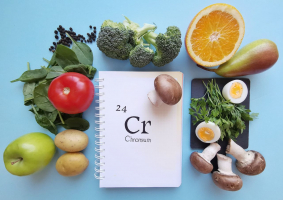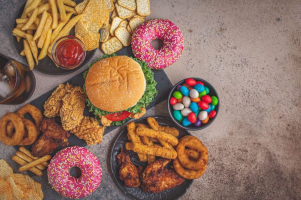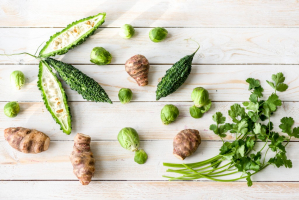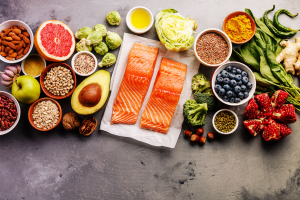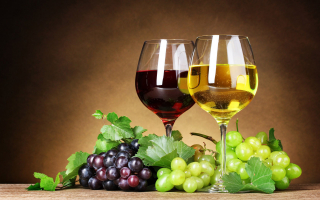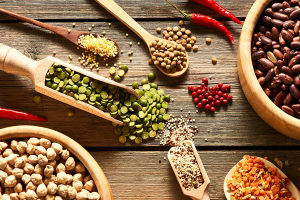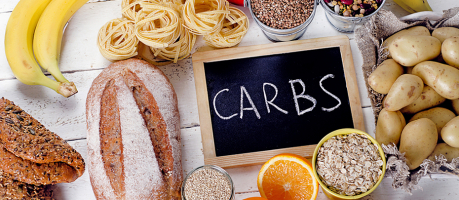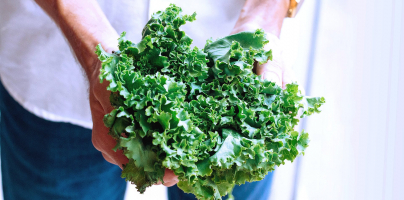Top 8 Worst Foods That Trigger Migraine
What you consume, including food and beverages, can cause a migraine attack. There isn't a single factor that causes migraines for everyone. However, there are ... read more...some typical triggers that, in some people, might lead to or worsen migraine attacks. Below are some of the common foods that trigger migraine!
-
Some individuals experience migraine relief from caffeine, but not all. While some people may find that the substance relieves their symptoms, others may find that it worsens or triggers them. In fact, caffeine itself could act as a trigger for migraine. Caffeine-containing foods and beverages include coffee, tea and chocolate.
Migraines or headaches can be brought on by consuming too much caffeine or going through caffeine withdrawal. The brain may become to expect a certain dose if it is consumed frequently. When a person's brain starts to depend on a specific level of caffeine and their intake decreases, they may experience caffeine withdrawal. Research suggests that coffee is a migraine trigger for between 6.3% and 14.5% of people. In those with a sensitivity to caffeine, the substance may also increase the intensity of headaches and make them last longer. However, the American Migraine Foundation claims that caffeine can really prevent impending migraine attacks. With occasional use, it can also relieve headaches.
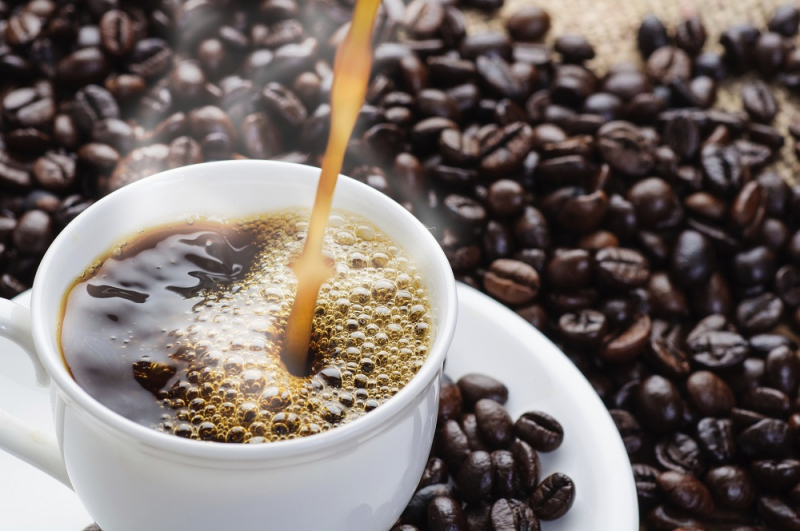
Caffeine 
Caffeine -
For those who wanted a sweet fix but didn't want to consume additional sugar or calories, artificial sweeteners were marketed as the greatest invention. Even while artificial sweeteners are currently considered to be generally harmless, some people are hesitant to truly accept them due to potential health risks. The possibility that artificial sweeteners could lead to migraines is one particular concern.
Artificial sweeteners are found in a lot of processed foods. These are sugar substitutes that are used to sweeten foods and beverages. But these sweeteners may give you a headache. Particularly aspartame is thought to trigger migraine attacks. Both the Mayo Clinic and American Migraine Foundation list artificial sweeteners, specifically aspartame, as a possible migraine trigger, so if you already suffer from migraines, it’s probably best to stay away from them whenever possible.
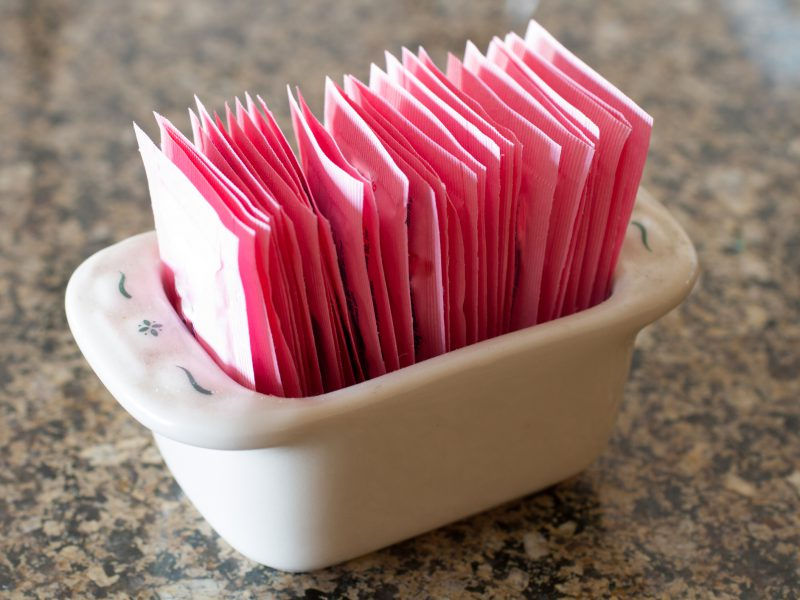
Artificial sweeteners 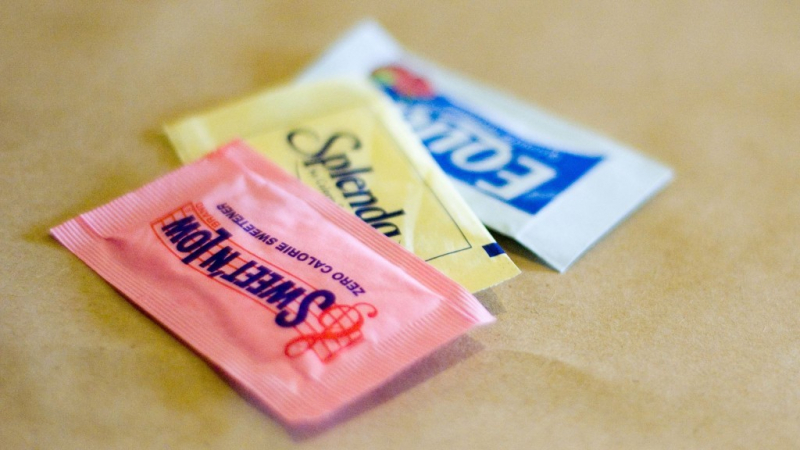
Artificial sweeteners -
After consuming alcohol, especially in excess, many people report getting a headache. While many people typically acknowledge headaches as a side effect of alcohol, their reputation as a migraine headache trigger may be exaggerated.
One of the more popular substances thought to cause migraines is alcohol. Over 35% of migraine sufferers in one study reported that alcohol was one of their common triggers. Over 77% of the people who admitted to drinking as a trigger mentioned red wine specifically. Dehydration, which is a crucial factor in headache onset, can be brought on by alcohol. Alcoholic drinks are usually associated with certain types of headaches like migraine without aura; migraine with aura; cluster headache and tension headache. If you’ve identified alcohol as a trigger for your migraine headaches, avoiding it altogether is probably best.
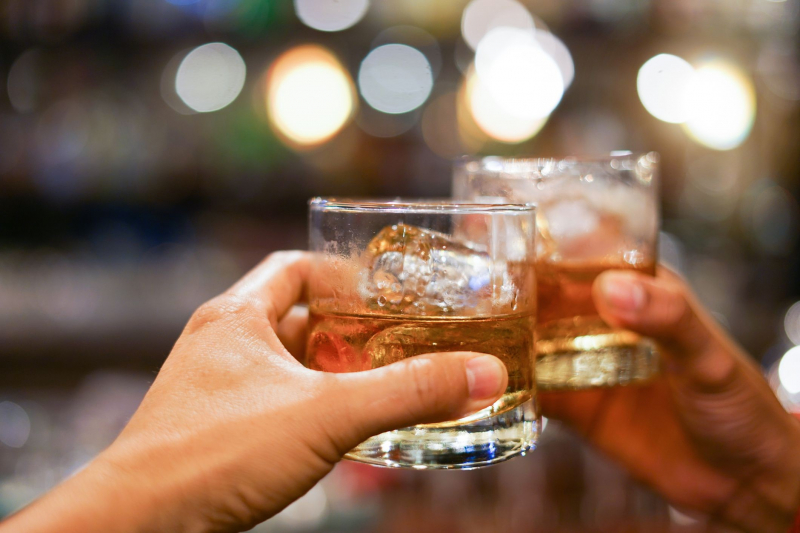
Alcohol 
Alcohol -
The American Migraine Foundation states that after alcohol, chocolate is regarded to be the second most typical trigger for migraine attacks. They claim that approximately 22% of migraine sufferers are impacted.
It has been epidemiologically implicated in triggering migraine attacks, and the classic advice given by doctors to patients with migraines is to avoid it. Both caffeine and beta-phenylethylamine, which are both found in chocolate, have been known to cause headaches in certain people. Chocolate contains a lot of sugar, so it's advisable to limit how much you eat of it. People with migraines can control their condition by leading a healthy, balanced lifestyle, and being physically healthy reducing the intake of processed foods and refined sugars.
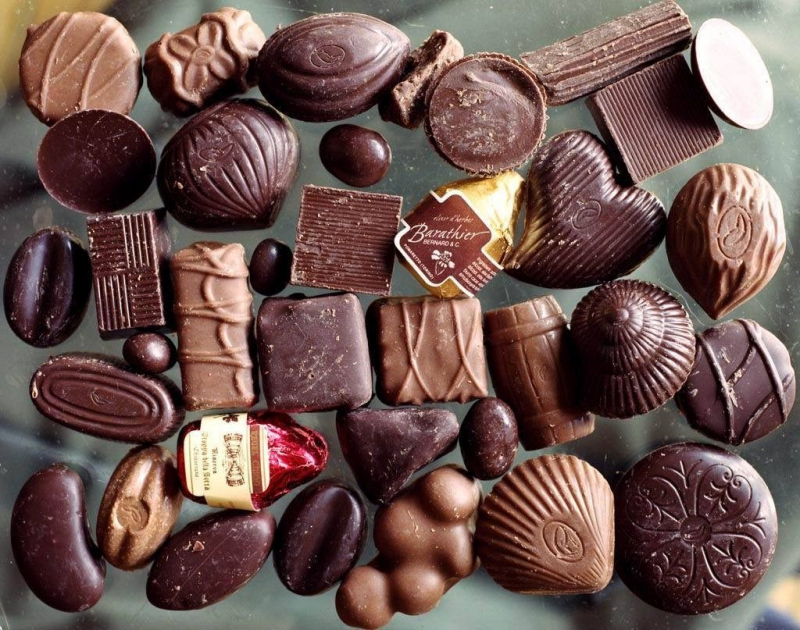
Chocolate 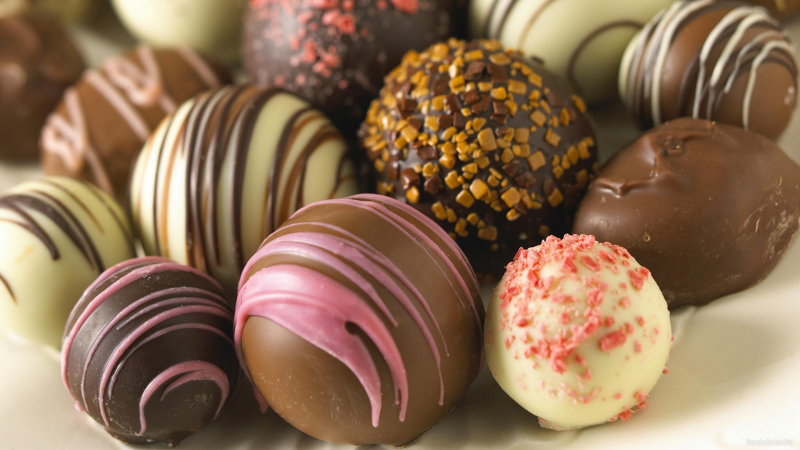
Chocolate -
The sodium salt of glutamic acid, which is present in the body naturally, is called monosodium glutamate (MSG). MSG is a food additive that can be found in a variety of foods.
According to the American Migraine Foundation, 10 to 15% of migraine sufferers may experience severe migraine attacks after consuming foods containing MSG. Some people may also be triggered by other preservatives. Most research has shown that consuming high doses of MSG of 3 grams or more may have adverse effects, such as high blood pressure and headaches. While headaches and migraine attacks are among the most commonly reported side effects of consuming MSG, current research has not confirmed a connection between the two.
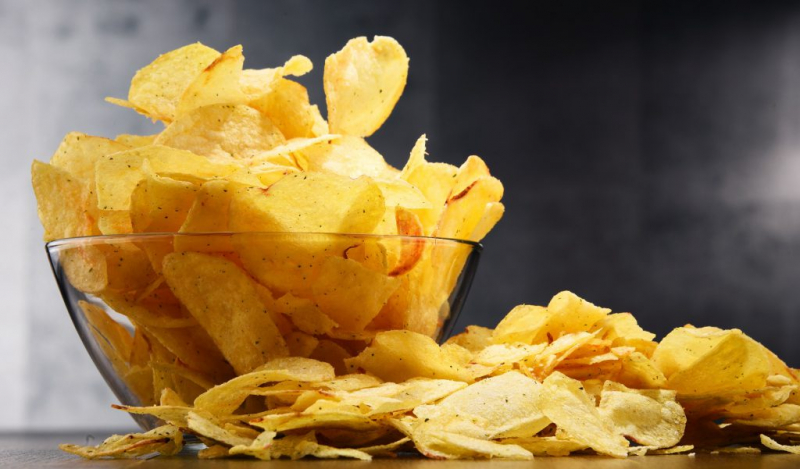
Foods containing MSG 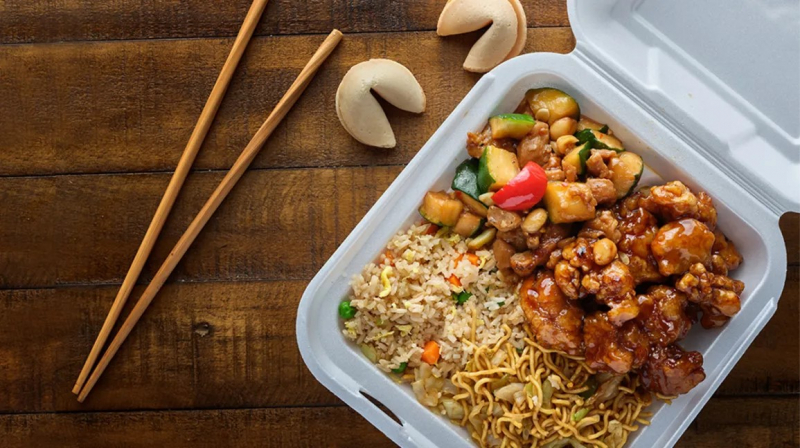
Foods containing MSG -
The color and flavor of cured meats including deli meats, ham, hot dogs, and sausages are preserved by a substance called nitrate. These foods have the ability to cause the blood to release nitric oxide, which is thought to dilate blood vessels in the brain. There is some proof that nitric oxide might trigger or worsen migraines.
According to research by the American Gut Project, people who experience migraines frequently have more of the bacteria in their mouths that turn the chemical nitrate, which is present in processed meats, into nitrite. Unfortunately, this is what can lead to health issues, especially migraines. This is significant because processed meat—which is just meat that has been changed from its original, fresh state—contains alarmingly high levels of nitrate. In order to keep the red color of the meat, stop the growth of bacteria, and prolong the meat's shelf life because, without it, the meat would brown extremely quickly.
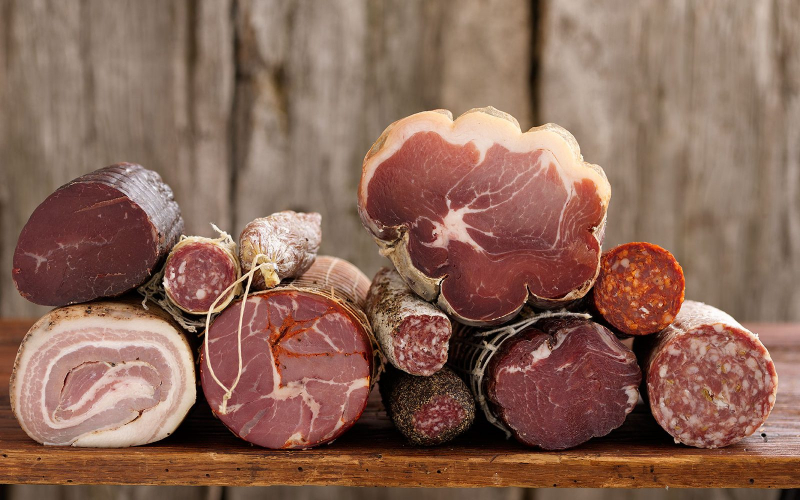
Cured meats 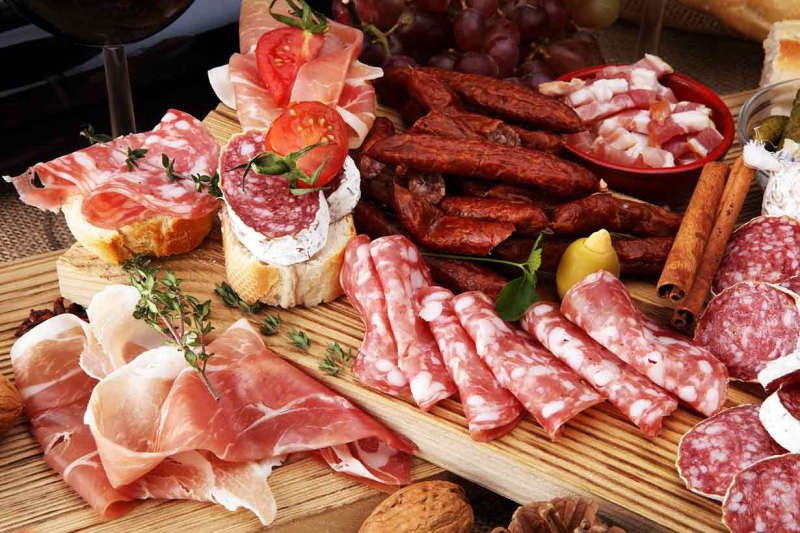
Cured meats -
Food contains tyramine naturally. As food ages, it is created through the breakdown of proteins. Tyramine levels in cheese have not been thoroughly researched. However, the study that has been done shows that a cheese's tyramine content increases with age.
Aged cheeses have the highest tyramine content when compared to other foods. Tyramine levels in cheeses vary significantly as a result of differences in processing, fermentation, aging, degradation, or even bacterial contamination. If you are prone to migraines or take MAOIs, you should avoid the aged cheeses that have been found to contain high levels of tyramine:
- Blue cheeses
- English Stilton
- Gorgonzola
- Mozzarella
- Muenster
- Parmesan
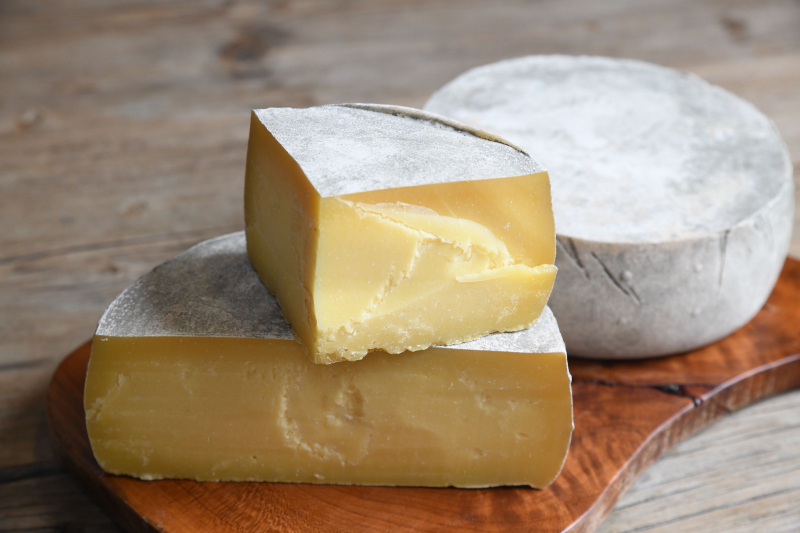
Aged cheeses 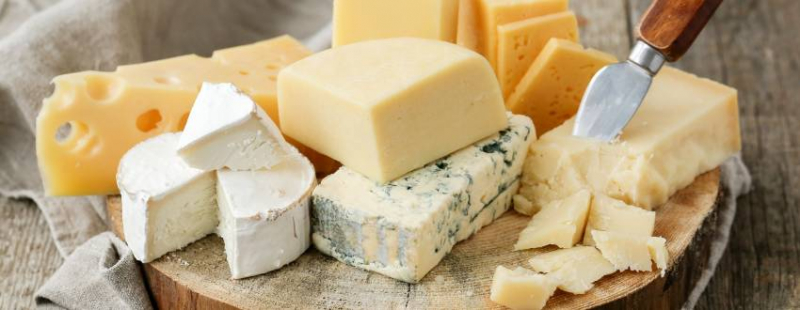
Aged cheeses -
Food is transformed during fermentation by a chemical reaction between sugar and bacteria or yeast, which produces beneficial probiotics. Foods and drinks that have undergone fermentation include:
- Kefir — a fermented milk drink
- Kimchi — a popular Korean food made with seasoned and fermented veggies like cabbage and radishes
- Miso — a traditional Japanese seasoning made from fermented soybeans
- Kombucha — fermented tea
- Yogurt — milk sugar, known as lactose, that is fermented by a type of culture that produces lactic acid
Unfortunately, pickled and fermented foods, such as aged cheeses, can have a lot of tyramine in them. Tyramine-related headaches show quickly and intensely within a half-hour of digestion of tyramine-containing foods, according to the author of an article in N1-Headache, headache medicine, and women's health specialist Anne MacGregor, MD. This is in contrast to some migraine sufferers' reports of several hours or within a 24-hour period. But if fermented foods and beverages end up not being for you, don’t despair — you can still reap many of their benefits by taking a probiotic supplement.
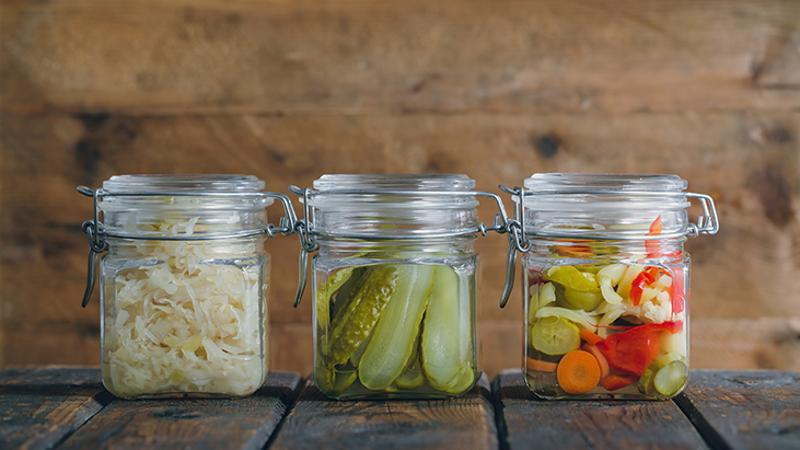
Pickled and fermented foods 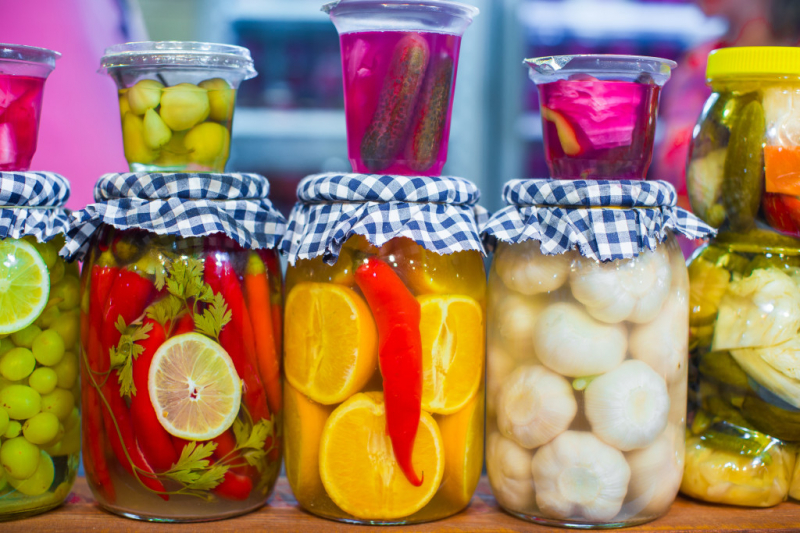
Pickled and fermented foods










